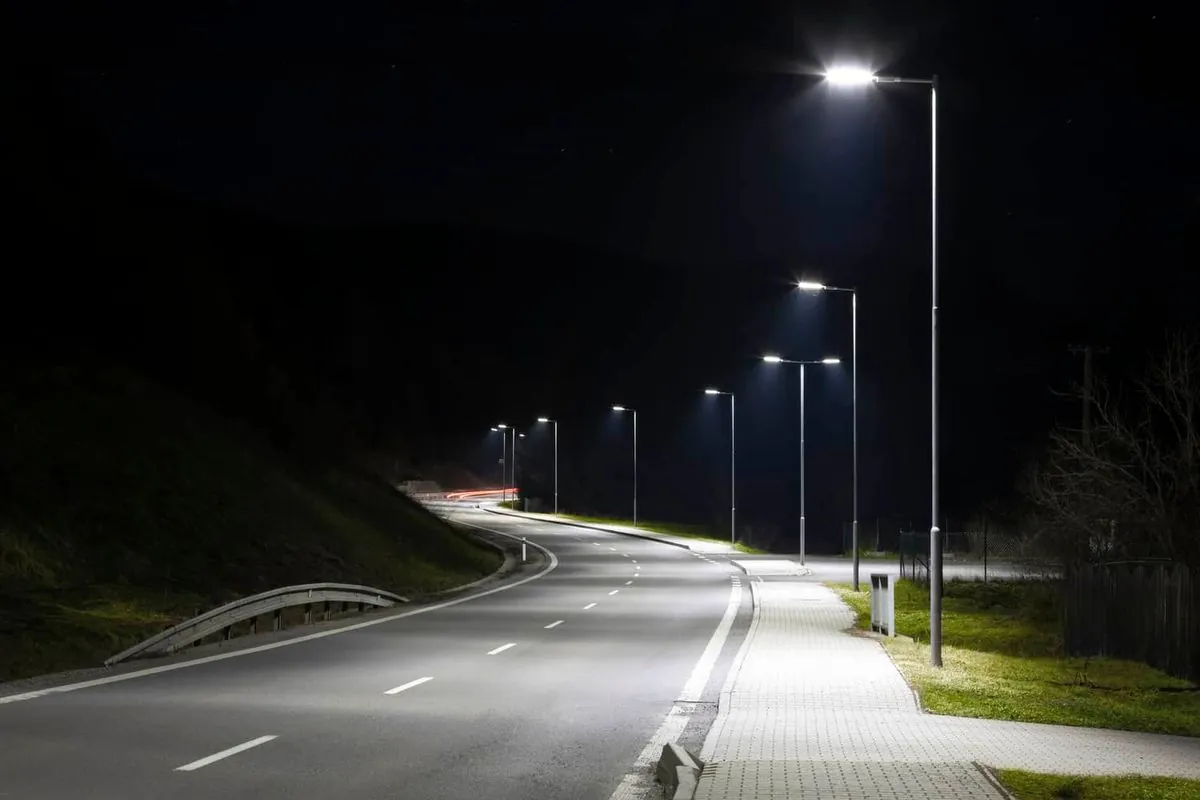Net Zero Zeal: Street Light Removal Sparks Safety Concerns
UK's aggressive Net Zero policies lead to street light removal, raising public safety concerns. Critics argue for a balanced approach to carbon reduction without compromising essential services.

Street lighting, a fixture of urban landscapes since ancient Greek and Roman times, has long been associated with improved safety and economic prosperity. However, the UK's zealous pursuit of Net Zero carbon emissions is now challenging this centuries-old practice, raising concerns about public safety and the balance between environmental goals and societal needs.
In a controversial move, Norfolk County Council plans to remove 1,000 of its 61,000 street lights, including those along the notoriously dangerous B1145 outside King's Lynn. This decision comes despite the road's history of serious accidents, with two major nighttime incidents in the past six months alone and several fatalities in recent years. The council justifies this action as a means to save 76 tonnes of carbon emissions annually, a fraction of the UK's total emissions, which account for approximately 1% of global carbon output.

This trend extends beyond Norfolk, as both central and local governments intensify their Net Zero efforts. Critics argue that this single-minded focus on carbon reduction is overshadowing other crucial considerations. Ed Miliband, the Shadow Secretary of State for Climate Change and Net Zero, and his team are pushing for increasingly stringent measures, potentially at the expense of public safety and economic stability.
The repercussions of these policies are far-reaching. The UK has implemented over 250 Low Emission Zones, which may inadvertently harm small businesses by limiting customer access. Energy prices have surged, potentially leaving vulnerable populations at risk during cold months. Even essential services like policing and healthcare could be affected, with suggestions of speed limits on police vehicles and concerns about the reliability of electric ambulances in emergencies.
While the UK government aims to achieve Net Zero emissions by 2050, critics argue for a more balanced approach. They point out that advancements in renewable energy, such as wind power generating 24% of UK electricity in 2023 and plans for up to eight new nuclear reactors by 2050, could allow for carbon reduction without compromising essential services.
"To put it bluntly, global warming does not make much difference if you have already died in a car crash, or been stabbed on a dark street."
This statement underscores the need to prioritize immediate public safety alongside long-term environmental goals. As the debate continues, it's clear that finding a middle ground between carbon reduction and maintaining vital infrastructure will be crucial for the UK's future well-being and safety.


































